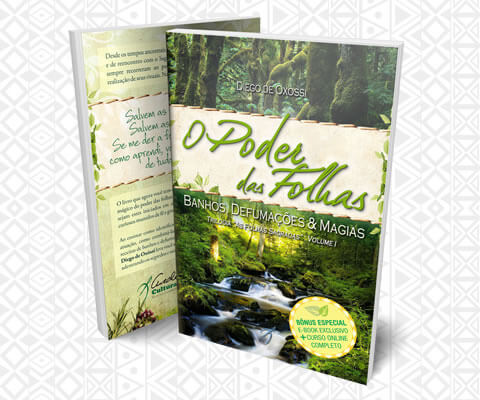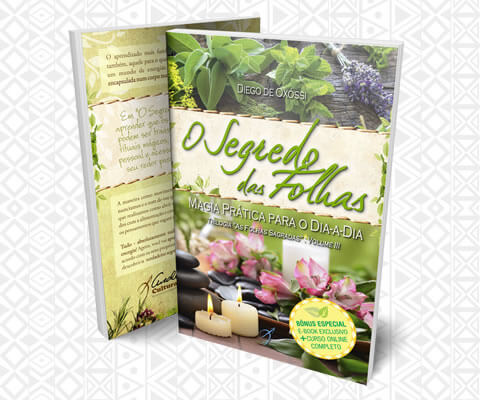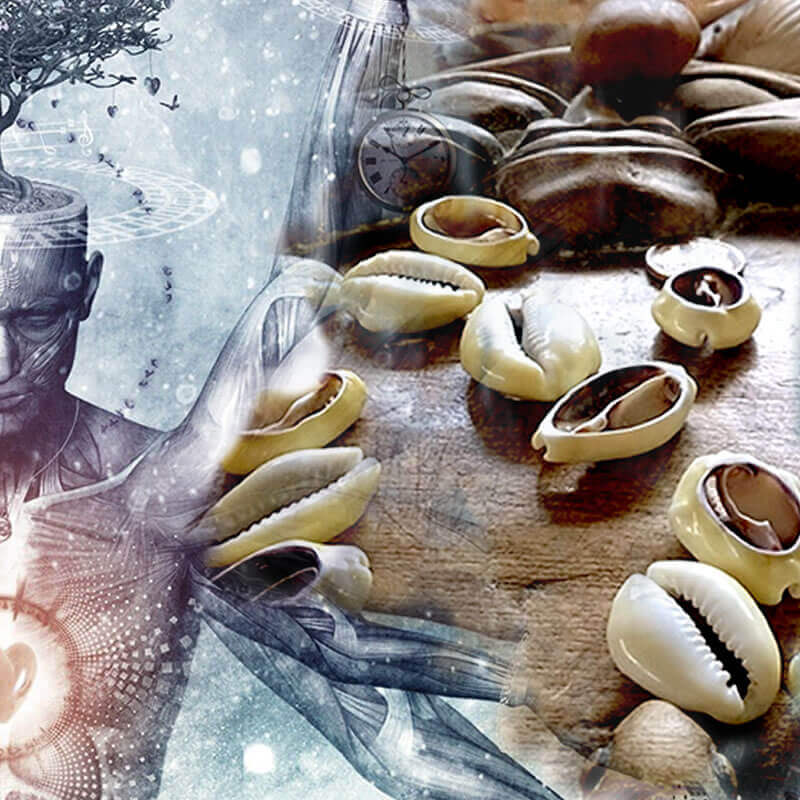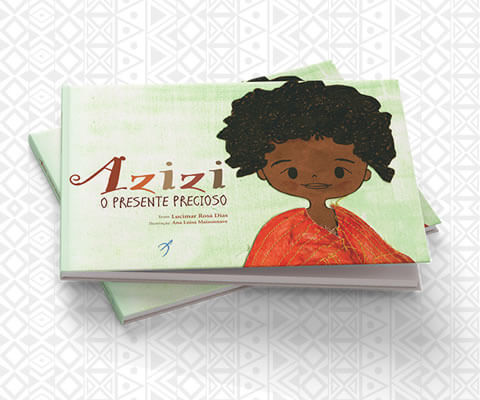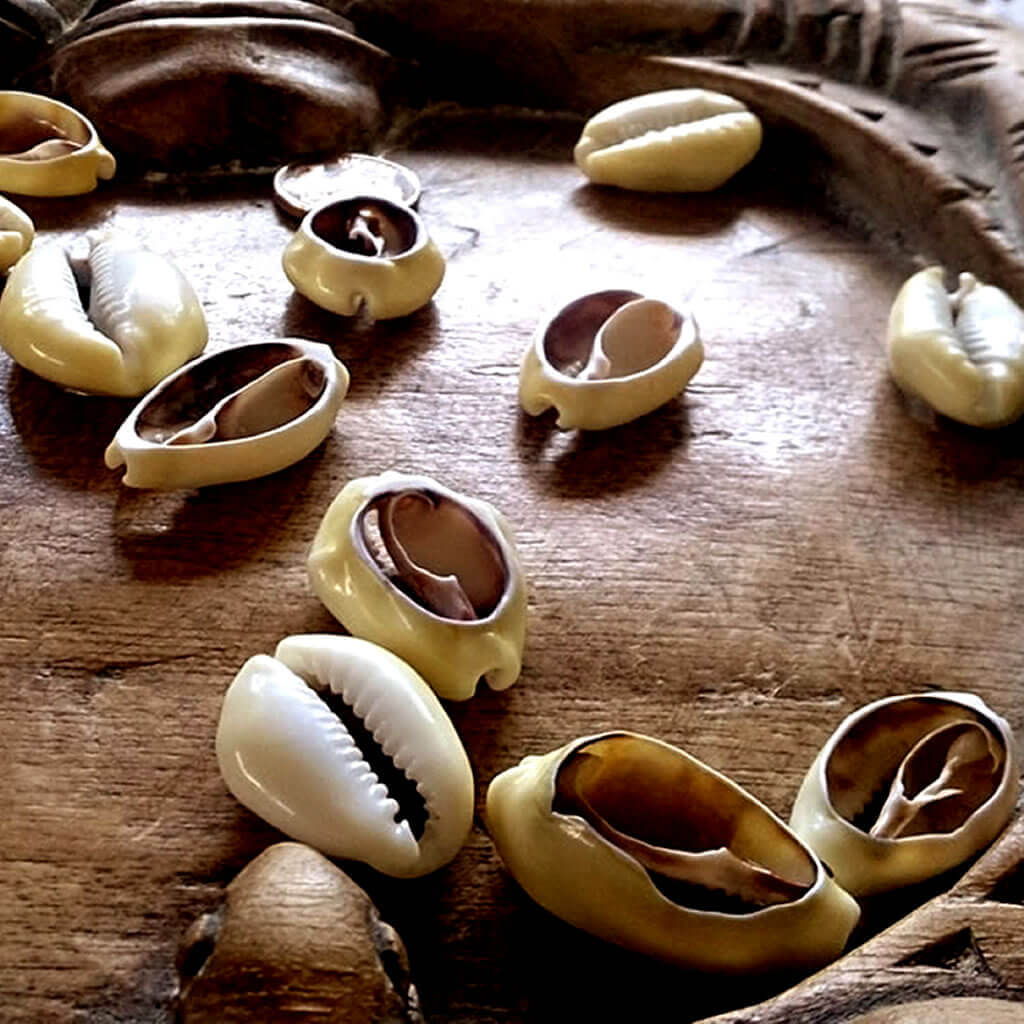Clipping | An universe of faith at Sao Paulo Book Fair
Issues related to black culture should be highlighted in Sao Paulo International Book Fair, which, for the first time, has a publisher specialized in African-Brazilian religions
Arole Cultural was founded in 2015 with the aim of registering and making think African-religious culture. His books propose a reflection on the universe of the orixás, the communities of candomblé and umbanda and their practices, the African ethos reconstructed in Brazil and the experience of its followers.
After the success of Flip, Djamila Ribeiro's journey at the biennial will be held at Arole Cultural, which, in partnership with Editora Letramento, brings together Silvio Almeida, Joice Berth and Juliana Borges, also authors of Plural Feminisms, for a major launch of collection. Before, there is, however, the autograph session of his latest book, Who's Afraid of Black Feminism, at 14, at Companhia da Letras booth.
According to Djamila, "this launch of the Feminismos Plurais collection in partnership with a publisher focused on themes related to African religions and blackness is very important, because the collection dialogues with this proposal. These intersections are key to broadening the debate".
The presence of Arole Cultural promotes and expands a culture of tolerance and peace in these turbulent times, as well as giving the public the opportunity to meet its authors, who are leaders and religious representatives who bring in the skin and in the words the experiences lived inside the terreiros.
Among the most anticipated releases of Arole Cultural is the book "Sacred Food to be Eaten" by chef Carlos Ribeiro and anthropologist and babalosha Vilson Caetano de Sousa Junior. A book for those who enjoy learning about other cultures and broaden their knowledge, such as students of gastronomy and all those who enjoy cooking and eating well.
"I have as part of my studies the Brazilian cuisine. As a reader, my main line has always been the books of Câmara Cascudo, in which we discovered the different matrices of the indigenous, Portuguese and African cuisines, which led me to Candomblé, where I found myself as a researcher and a religious", says Ribeiro, professor of gastronomy and owner of a restaurant in São Paulo.
Everyone recognizes that the act of cooking is magical, for even if you make a meal for family, friends or customers, when you cook professionally, every moment, from thinking, buying and preparing to serving, is unique. For those who cook, these moments are and always will be sacred, let alone a religious space in which the deities are served and share their food with the faithful.
Among the popular foods, present on the table of almost all Brazilians, who have their origin in Candomblé, is the delicacy. "Some do not even remember that the manjar is a terreiro food, offered to Iemanjá, who is perhaps one of the most referenced orixás in Brazil", he explains. Acarajé is also part of the votive cuisine and belongs to Oyá or Yansan. Another very popular terreiro food is the white corn called canjica, which is from Oshala. Among the events scheduled for the launch of the book, there is the draw of a screen of an orixá that will be painted by the boss himself, in addition to a cooking class in the space Cozinhando com Palavras and the autograph session on the 12th.
The legacy of the black writer Maria Firmina dos Reis, born in São Luís do Maranhão in the middle of the 1820s, arrives at the Biennial by means of Edições Câmara, which prepared an excellent publication containing works Ursula, Gupeva, Cantos by the sea and A slave. At the height of the abolitionist campaign, Maria Firmina dos Reis presented her vision on the subject with the publication of the short story "A slave" in 1887.
The writer used literature to denounce slavery and to describe the role of women in society at the time. Through the suffering of the slave Joana, Maria Firmina portrays the anguish of families separated by the slave trade in nineteenth-century Brazil, revealing the cruelty to which the slaves were subjected. In rescuing the work of Maria Firmina dos Reis, Edições Câmara offers the public an important patrimony of Brazilian literary historiography, highlighting the problem of slavery in Brazil and the situation of women in this context.
A team of black writers will occupy the Flinksampa booth, among them Roniel Felipe, who launches the second edition of Blacks Heroes: stories that are not in the comic book. The book is divided into two parts. The first one portrays the struggle of Laudelina de Campos Melo, Minas Gerais and the daughter of a domestic slave. Laudelina was the protagonist of the unionization of the domestic class. The second one tells the life of Antonio Carlos Santos Silva, TC Silva, who suffered racism from childhood and was closer to his ancestry when he had contact with the elders of a quilombo in the interior of Minas Gerais.
There is still an universe of faith and blackness to be discovered at the 25th International São Paulo Book Fair. Projects like these, however, contribute to black works and authors gain visibility and more and more space. When speaking of African-Brazilian religions, we know how difficult it is to convert into books all the knowledge stored in the terreiros. It is not only denied access, but the lack of recognition of this production as a theoretical source. A problem that writers, researchers and black scientists have always faced, but that can gain a new outline with the advent of publishers such as Arole Cultural and initiatives such as Editions Câmara and Flinksampa.
By Rodney William Eugênio; original text at https://www.cartacapital.com.br/blogs/dialogos-da-fe/um-universo-de-axe-na-bienal-do-livro

